Lebanon has made no concessions in indirect talks over maritime border dispute with Israel, President Aoun says
Lebanese President Michel Aoun has categorically dismissed as untrue the allegations that representatives from the Arab country have made concessions to Israel in the course of indirect US-mediated talks over their disputed maritime border to allow for offshore energy exploration.
“The issue of [maritime] border demarcation is a matter of sovereignty par excellence. It is impossible for any shortcomings to occur. Line 29 was the starting point for the negotiations. If the talks arrive at satisfactory conclusions, a large part of Lebanon's problems will be resolved,” Aoun told Lebanon’s Arabic-language OTV television station on Tuesday evening.
He highlighted that “all the statements about concessions made during indirect talks with Israel on the maritime border dispute are not true.”
“Those making these claims are not aware of what happened in the course of the negotiations, which will safeguard Lebanon’s rights and natural wealth. It is what is important,” Aoun pointed out.
Last week, the Hezbollah resistance movement warned Lebanese authorities of Washington’s attempts to woo Beirut into establishment of formal diplomatic relations with Israel during talks over their disputed maritime border.
“In light of recent developments concerning maritime demarcation talks, indication is that American mediators are trying to impose a fait accompli in the hope that it would open up the window of normalization with Israel,” the Loyalty to the Resistance Bloc, the political wing of Hezbollah in the Lebanese parliament, said in a statement on February 17.
“The national duty of the government requires it to urge relevant authorities to exercise increased vigilance in order to avoid hidden traps. Normalization with the Zionist regime is completely rejected and not acceptable under any pretext,” the statement pointed out.
Lebanese politicians hope that commercially viable hydrocarbon resources off Lebanon’s coast could help lift the debt-ridden country out of its worst economic crisis in decades.
In February 2018, Lebanon signed its first contract for drilling in two blocks in the Mediterranean with a consortium comprising energy giants Total, Eni and Novatek.
Lebanon and Israel took part in indirect talks to discuss demarcation in 2020. But they stalled after Lebanon demanded a larger area, including part of the Karish gas field, where Israel has given exploration rights to a Greek firm.
The talks were supposed to discuss a Lebanese demand for 860sq km (330 square miles) of territory in the disputed maritime area, according to a map sent to the United Nations in 2011.
However, Lebanon then said the map was based on erroneous calculations and demanded 1,430 square kilometers (552 square miles) more further south, including part of Karish.
D-8’s role in Iran’s economy after Cairo summit
China slams US as ‘war-addicted’ threat to global security
China ‘firmly opposes’ US military aid to Taiwan
VIDEO | Press TV's News Headlines
President Yoon Suk Yeol to be removed from office
At least 19 Gazans killed by Israeli airstrikes since dawn: Medics
Leader: Iran neither has nor needs proxy forces
US fighter aircraft shot down ‘in friendly fire’ amid aggression on Yemen


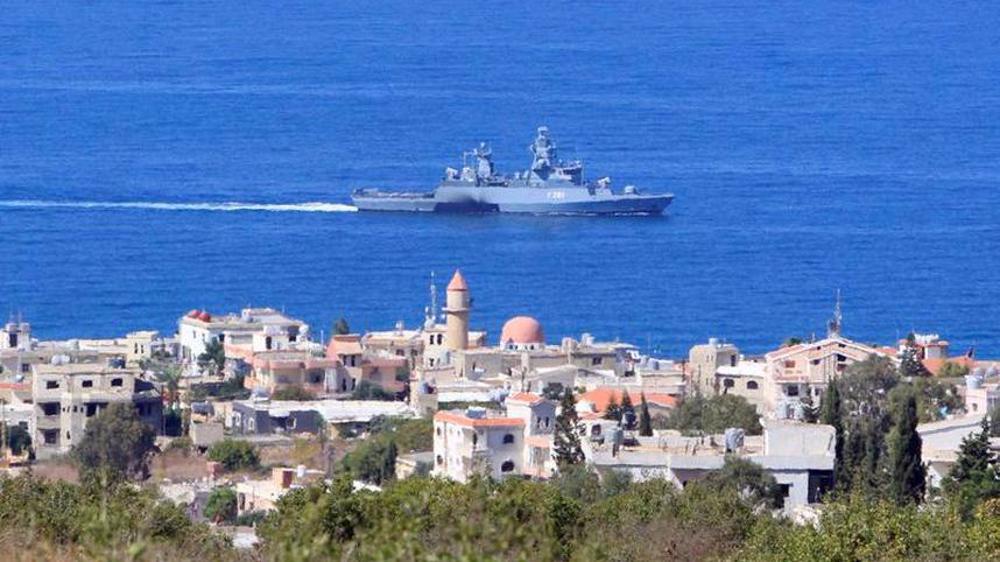
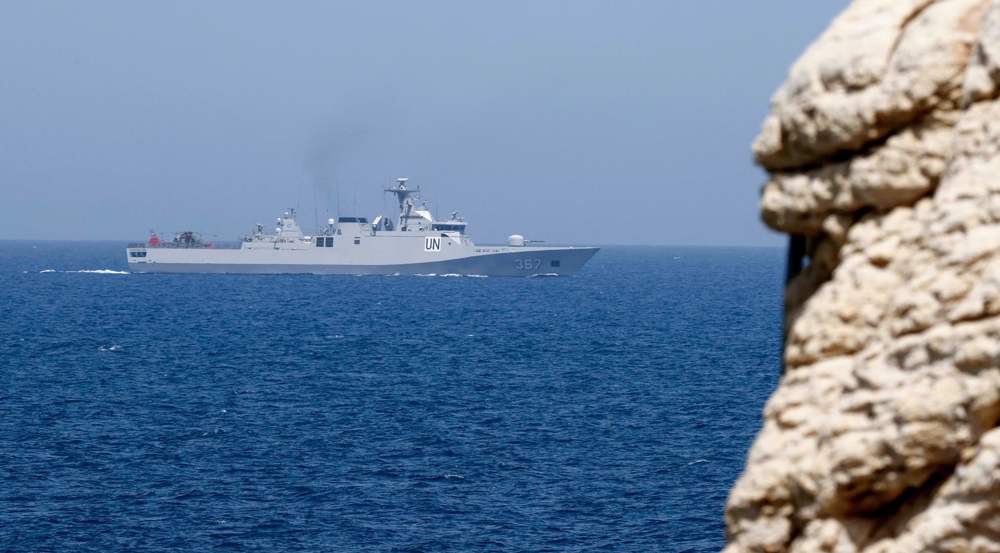

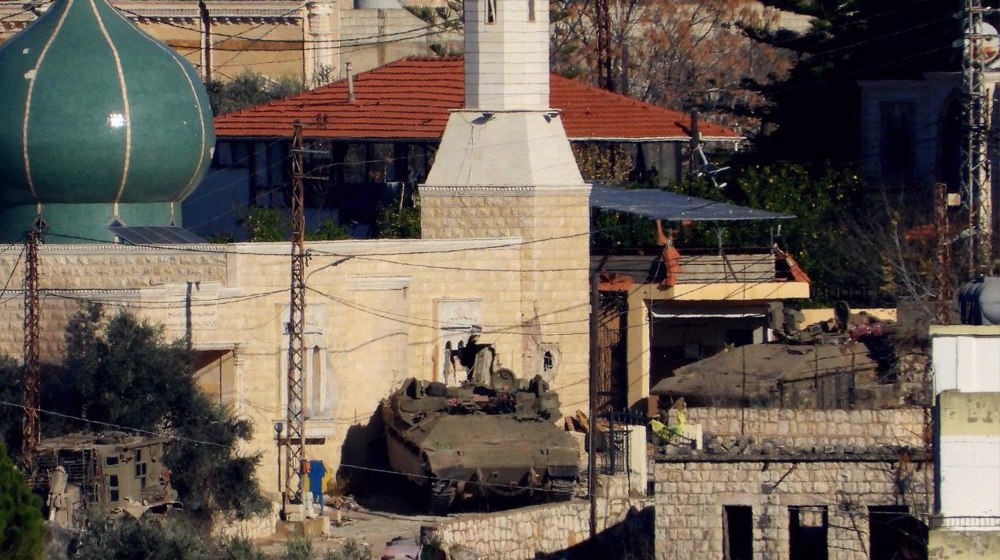




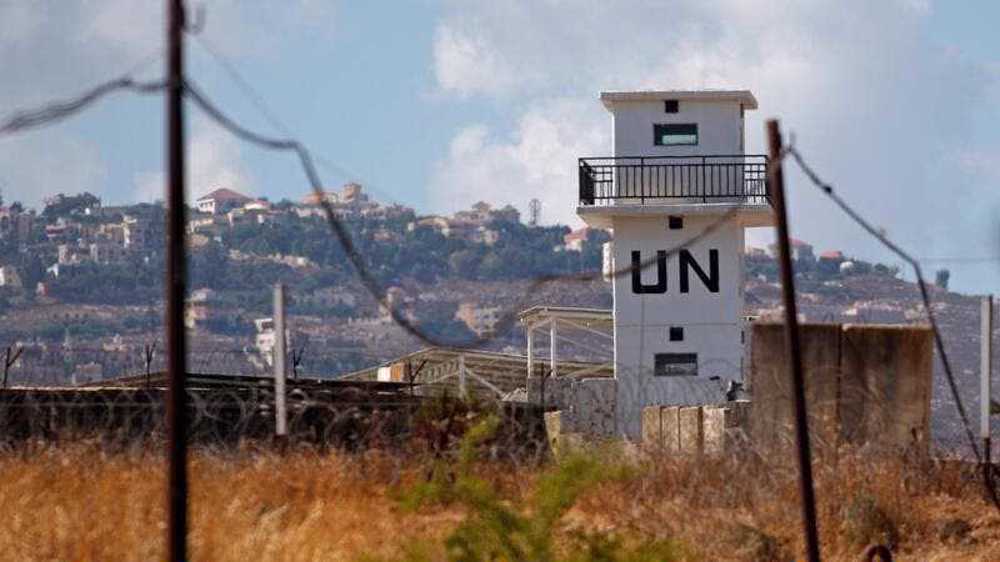
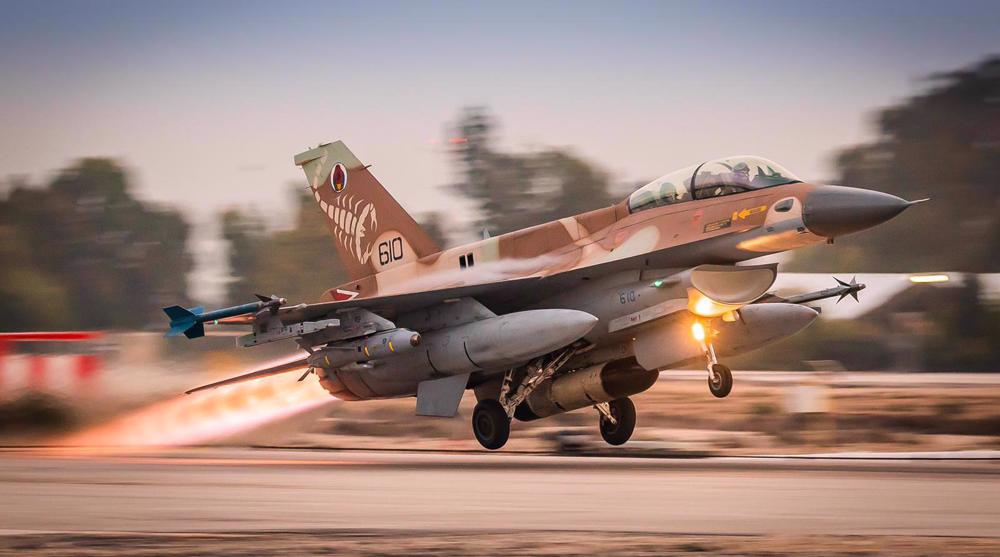
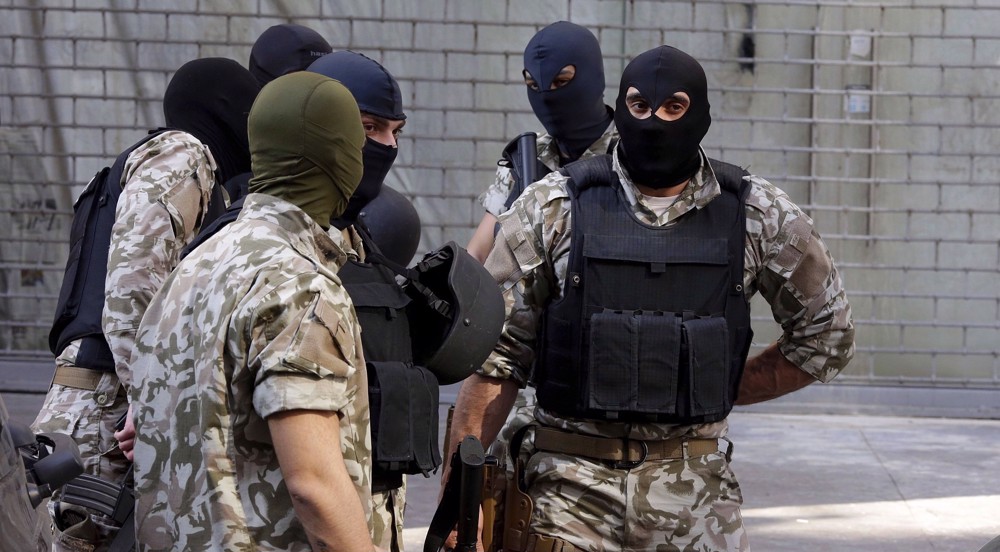
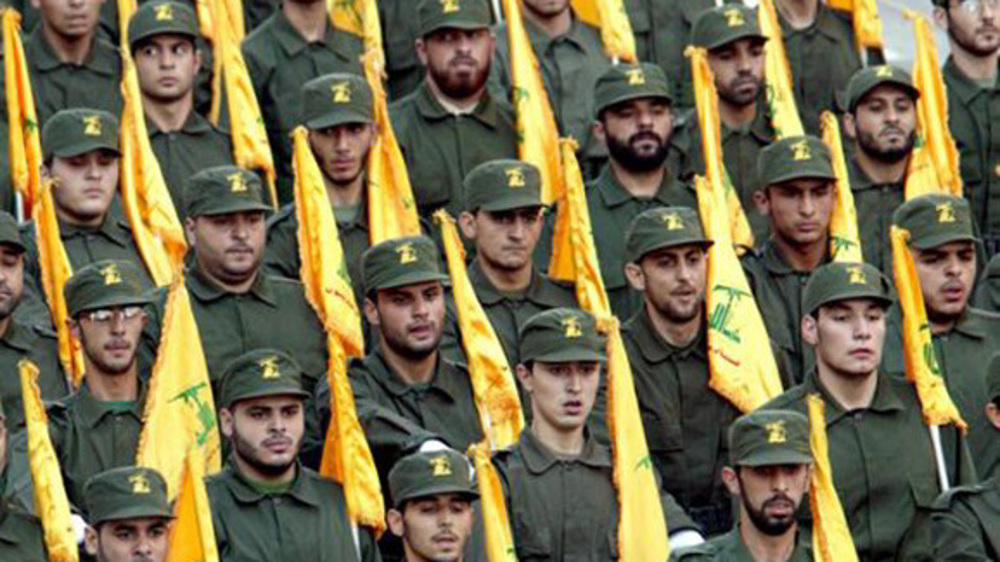
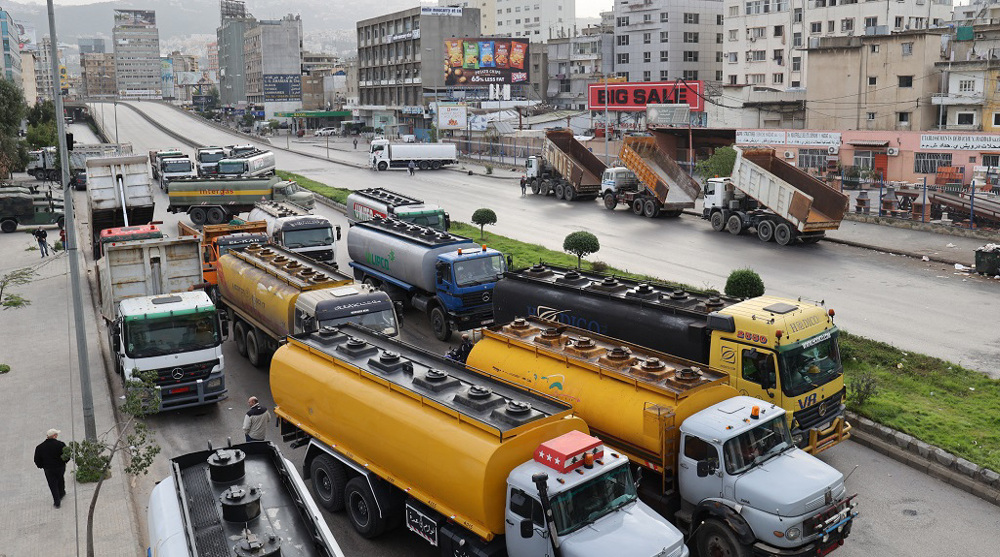
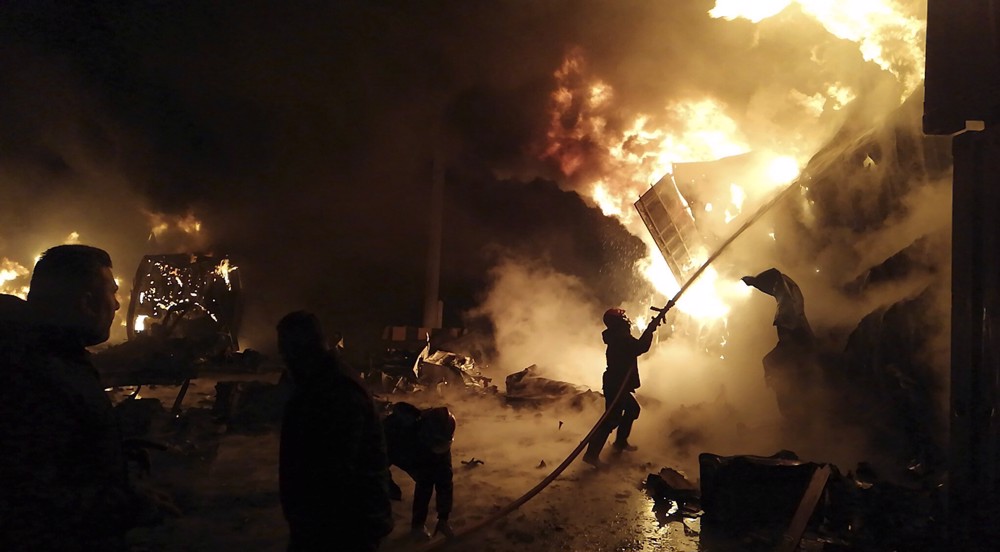
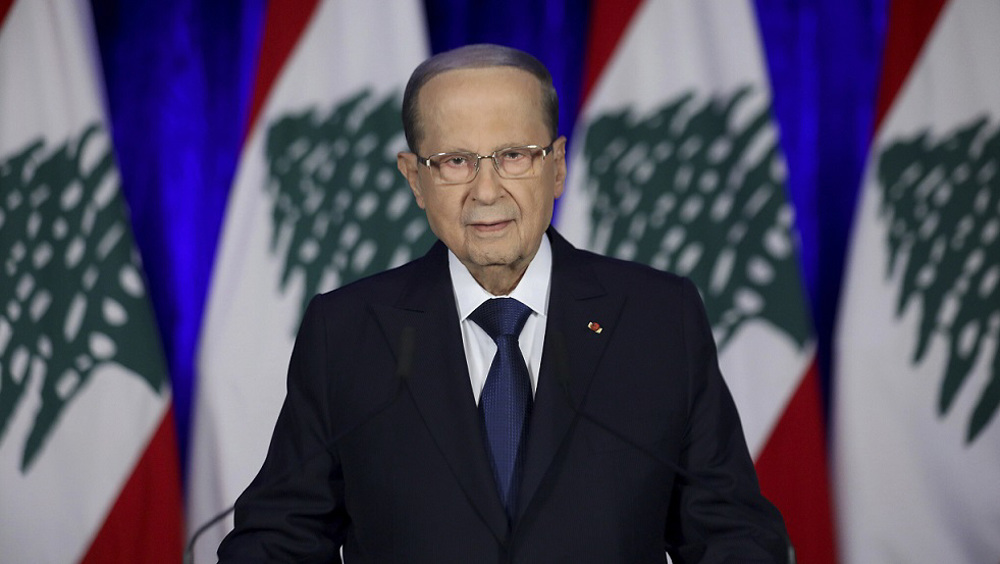
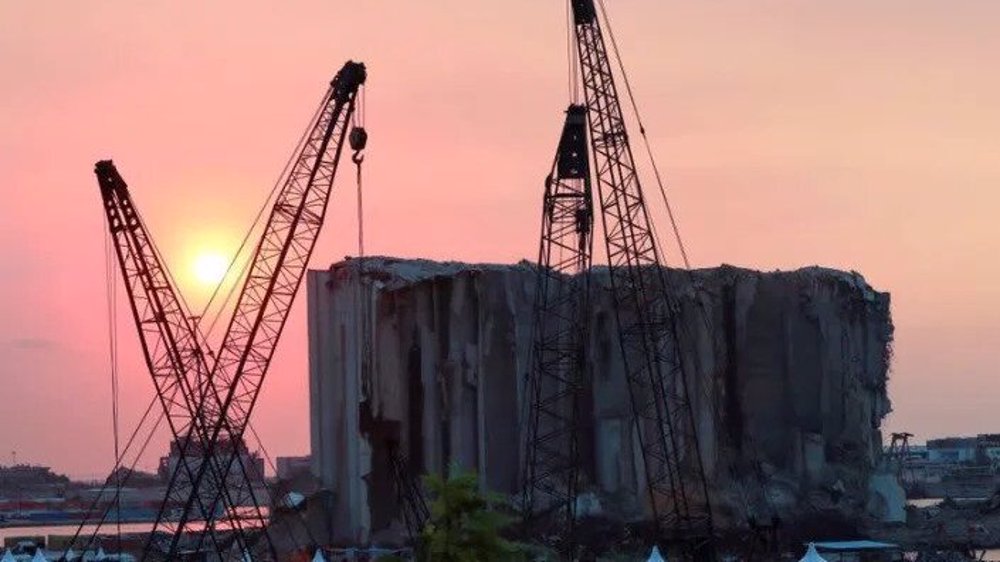
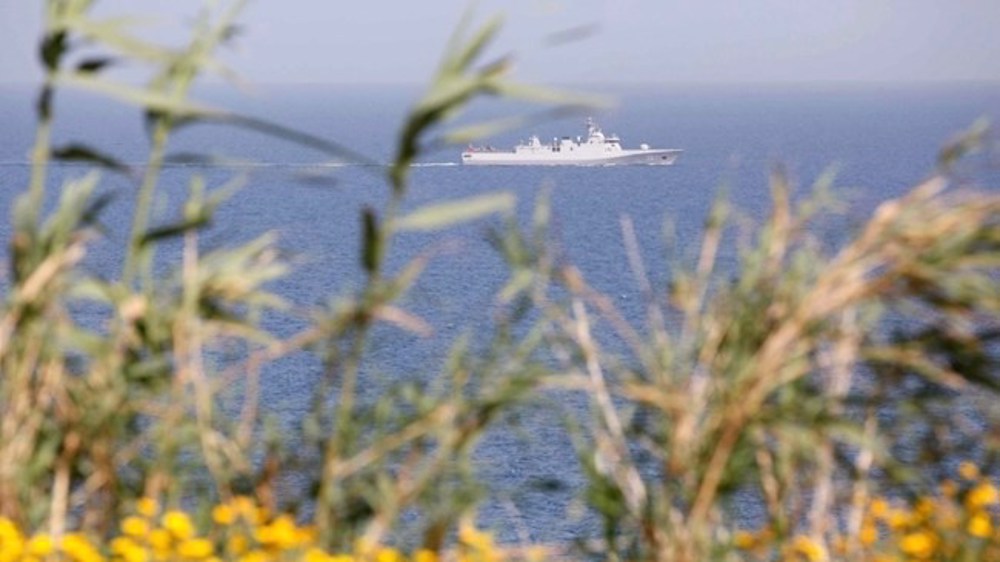

 This makes it easy to access the Press TV website
This makes it easy to access the Press TV website